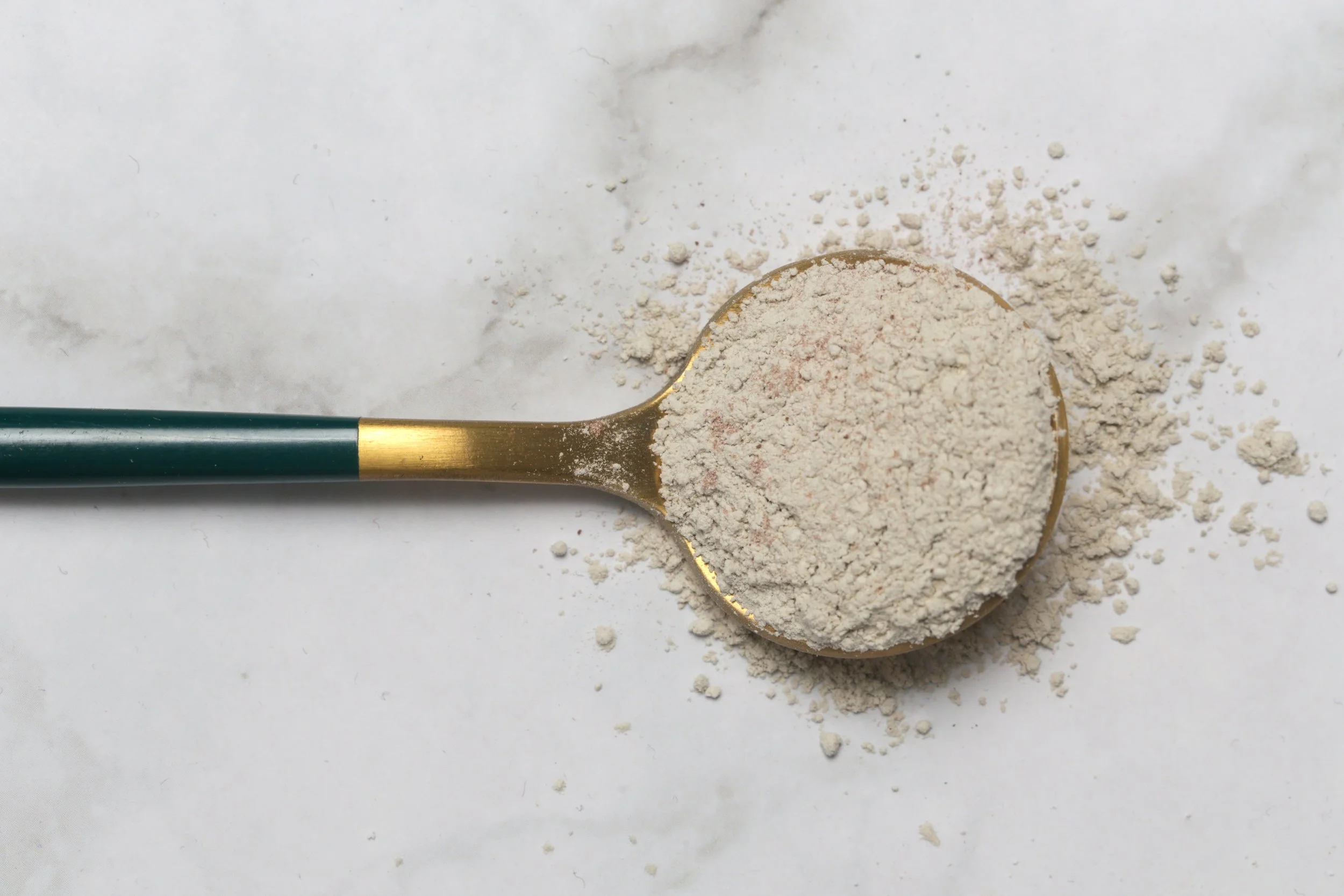5 Ways To Elevate Your Health
Do you ever feel like you’ve fallen too far off the wagon when it comes to your health? Or feel like it would take a miracle to get you back on track?
Contrary to popular belief, you don't need to completely overhaul your lifestyle to improve your wellbeing. In fact, it’s scientifically proven that a series of small changes are the stepping stones to radical —and sustainable— transformation. Personally, I like to follow the 1% rule in all areas of my life… When things feel heavy, far-fetched, or overwhelming, I ask myself: what can I improve by just 1% today?
The following suggestions will most likely serve as gentle reminders, rather than mind-blowing epiphanies. But sometimes it’s the smallest things that we need the most reminding of, don’t you think?
Here are 5 simple ways to elevate your health right away…
Have veggies at every meal.
There isn't a consensus on the best diet, but pretty much everyone agrees on one thing: eat more veggies. You'll be hard-pressed to find a single diet that doesn't think eating more plants is a good idea. As Michael Pollan said, "Eat food, not too much, mostly plants." When you eat real, whole foods, you actually become happier. It turns out, the gut and the brain have a close relationship. Super close. In fact, 80-95% of serotonin (your happy hormone) is produced in your gut, and plant-based foods stimulate the production of this hormone. In fact, there's a 30% reduction in the risk of major depression and anxiety disorders for people who regularly consume an abundance of plants. Food is medicine, so go ahead and reach for a big helping of veggies at your next meal.
Take a deep breath.
There’s a reason why many people eat as a way to cope with stress. Stress causes certain regions of the brain to release chemicals that tell us to seek comfort and safety by eating sugar and fat. Instead of letting your brain call the shots, you can override that tiny voice and try this instead: check in - where is your body rising when you breathe? Are your shoulders lifting up to your ears? Try drawing oxygen into your abdomen. When you do this (breathe like a baby), you’ll reduce the physical effects of stress in your body - meaning less emotional turmoil like stress eating, and less physical symptoms like tension headaches, belly aches, and stiff necks. So, while there might not be anything you can do about that work deadline, red light, or sassy toddler, your breathing can change the way your body reacts to the stress of it. Bonus… it’s free and accessible to you at all times.
Drink more water.
We are over 70 percent water. Even a slight reduction in your fluid intake will cause your body to seek equilibrium and hold onto fluids to maintain balance. Being in a state of dehydration never feels good. It causes us to be moodier and susceptible to viruses and nagging symptoms like bloat and headaches. To make matters worse, dehydration turns on your hunger hormone (ghrelin) and turns off your hunger-suppressant hormone (leptin), making you feel hungrier and more likely to overeat. Hint: If you feel thirsty, chances are you’re already dehydrated. Go grab your favorite glass or water bottle and refill it throughout the day to stay hydrated. Your body will thank you and you’ll feel better immediately.
Take a hike or walk outside for 5 minutes.
This one double dips on the benefits of movement and nature. We’re more sedentary and stuck indoors than ever before and our health is suffering because of it. Sitting is the new smoking according to some research. Exploring the world around you provides a wide range of mental and physical benefits. Even researchers have begun to discover that wilderness excursions — known as “adventure therapy” — can promote metabolic improvements, increase confidence, and scale down cortisol levels. Go for a walk to the park, around your neighborhood, or heck - just to your mailbox and back. Start small by adding five minutes of movement (preferably outdoors) to your routine and build up from there if you find yourself craving more.
Go to bed 30 minutes earlier.
Fewer than six hours of sleep per day is associated with low-grade chronic inflammation and worsening insulin resistance, as well as increased risk for obesity, type 2 diabetes, and cardiovascular disease (CVD). Almost one-third of U.S. adults get less than six hours of sleep. Striving for the recommended 8 hours of shut eye keeps cortisol in check, which prevents a sluggish metabolism and energy lulls. Getting better sleep also gives your body the proper rest to ramp up its natural detoxifying power and restore endocrine balance.











